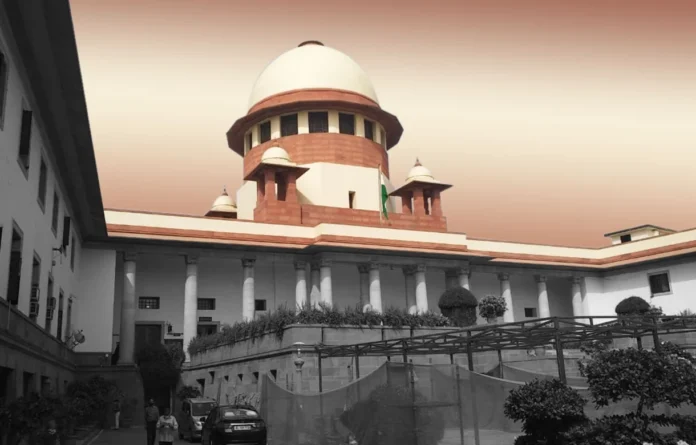The Supreme Court on Monday delivered a strong rebuke to the Allahabad High Court, directing that Justice Prashant Kumar be removed from all criminal case assignments after he controversially allowed criminal proceedings in what was clearly a civil dispute. The top court called the decision a “travesty of justice” and expressed deep concern over the judge’s reasoning.
A bench comprising Justices PB Pardiwala and R Mahadevan was hearing a petition by Shikhar Chemicals, which had sought to quash a criminal case filed against it in connection with a business transaction. The matter involved the supply of thread worth Rs 52.34 lakh, of which the company had got Rs 47.75 lakh. The unpaid amount, Rs 4.59 lakh, became the subject of a complaint before a magistrate.
The petitioner argued that the dispute was purely civil in nature, with no criminal elements. However, Justice Kumar had dismissed this plea, citing that pursuing a civil suit would take years and place a financial burden on the complainant — a small business owner. In his order dated May 5, he remarked that insisting on a civil remedy would be “very unreasonable” and likened it to “good money chasing bad money.”
The Supreme Court found this rationale deeply troubling. It noted in particular the judge’s suggestion that civil litigation is too slow and costly to be a viable remedy, which led him to justify the use of criminal prosecution as a quicker alternative. The apex court said it had no choice but to intervene immediately, even without hearing the other side, and quashed the High Court’s order.
What followed was an extraordinary direction: the Supreme Court asked the Chief Justice of the Allahabad High Court to immediately revoke Justice Kumar’s jurisdiction over criminal matters. The bench further stated that he should not be assigned any criminal work for the remainder of his tenure, even if sitting as a single judge. If he does, such matters must be kept away from his docket.
The case will now be reassigned to a different judge for fresh consideration. This strong intervention by the Supreme Court signals a broader warning against blurring the lines between civil and criminal law. The court made it clear that using criminal proceedings to recover civil dues is unacceptable and undermines the very foundation of justice.
—Advocate Shivmani Yadav contributed to this article


